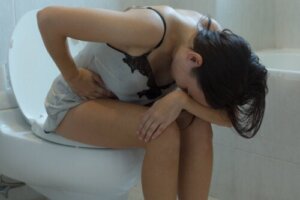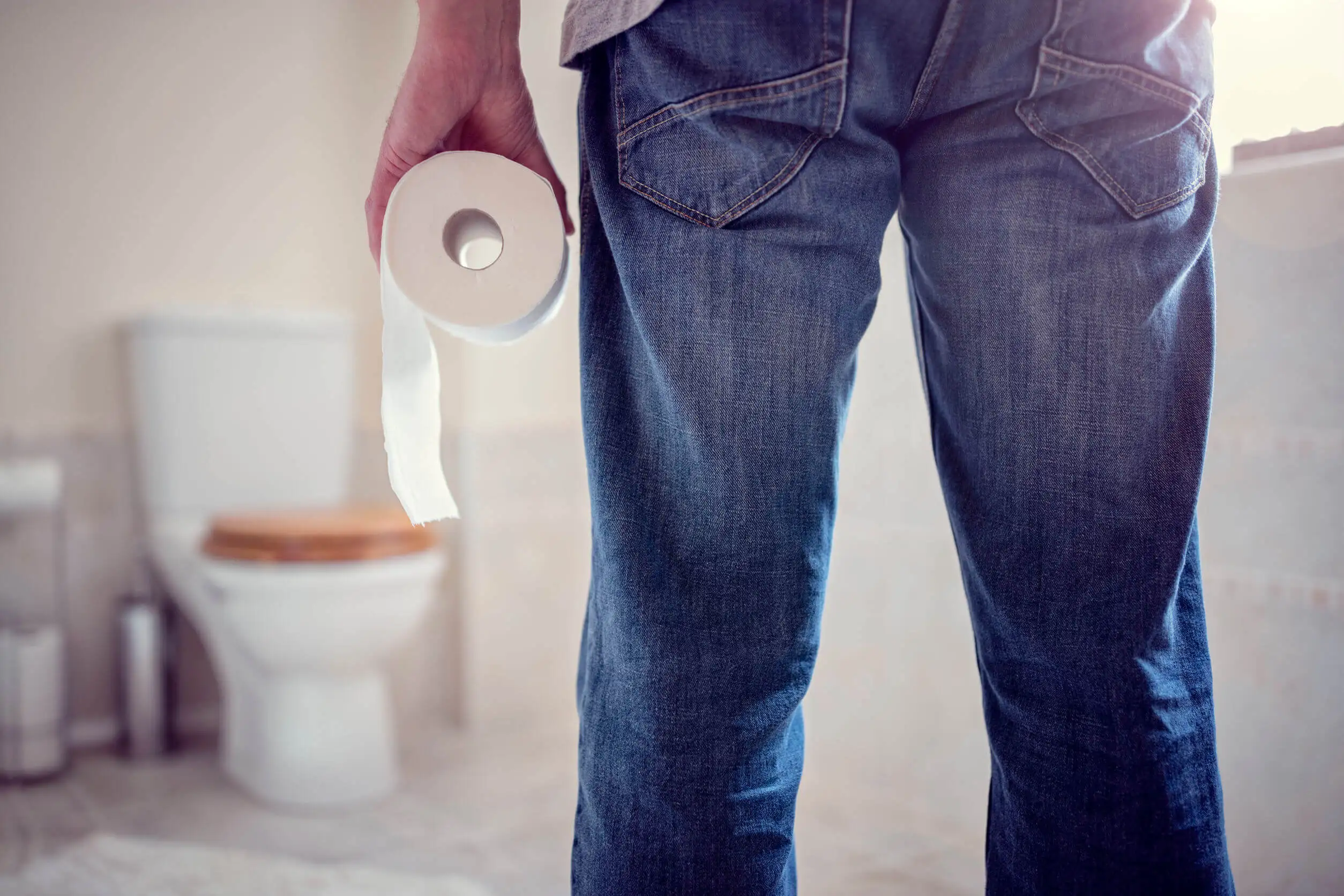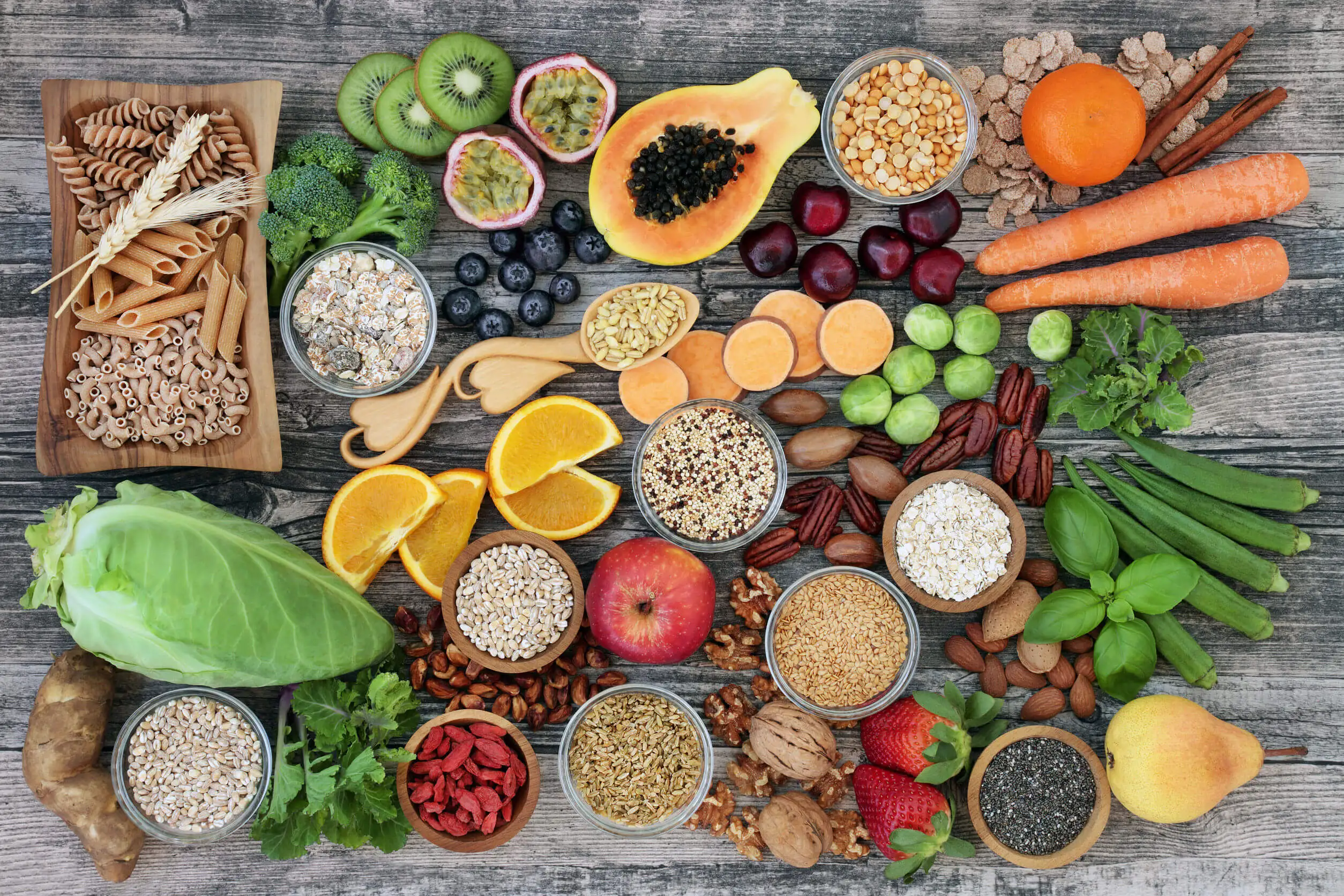Painful Bowel Movements: Possible Causes and Home Treatments


Reviewed and approved by the nurse Leidy Mora Molina
When there are pains when defecating, we may feel concern, in addition to discomfort. We may also wonder what it’s due to and if it requires a particular treatment.
It’s important to note that there are several causes. Some are not serious, such as constipation or non-thrombosed hemorrhoids. If this is the case, it’s possible to take measures at home.
But on other occasions, this symptom may be caused by a serious condition. Then, it’s necessary to see a doctor for diagnosis and timely treatment.
The causes of painful bowel movements
If you experience occasional mild pain during bowel movements, it may be to some extent normal. When this happens frequently, there may be a condition. Let’s see what the possibilities are.
Constipation
With constipation, stools are often hard. Also, people have to strain more. All of this causes pain during bowel movements.
Other symptoms may also occur. For example, bleeding, which is evident on toilet paper.
There are several causes of constipation. These include a diet low in fiber, poor hydration, a sedentary lifestyle, reactions to medications, stress, and gastrointestinal disorders.

We think you may also enjoy reading this article: 11 Foods that Affect Your Digestion and Lead to Constipation
Hemorrhoids
Hemorrhoids is the term used for swollen veins in the anus, which can be internal or external. In either case, this condition causes pain during bowel movements.
They are also accompanied by occasional bleeding, itching, or swelling. When thrombosed hemorrhoids are present, the discomfort and discomfort are such that the person cannot sit down.
Diarrhea
A persistent bout of diarrhea, lasting several days, may cause burning, itching, and pain during bowel movements. This is the case even if the bowel movements are watery.
Food allergies
Another possible cause of painful bowel movements is food allergies, especially if the person consumes the food to which he or she is sensitive and which causes reactions. This can occur with lactose or gluten intolerance, for example.
Inflammatory bowel syndrome (IBS)
There are several forms of inflammatory bowel syndrome (IBS). Ulcerative colitis and Crohn’s disease are the best known.
Symptoms include the following:
- Urgent need to defecate
- Bloody diarrhea
- Stools with mucus
- Abdominal pain
- Weight loss
During episodes of diarrhea, you may feel pain when defecating.
Anal fissure
A fissure is a small wound. The pain is often persistent, but increases with bowel movements. There is also a risk of infection.
It may be due to an injury (during sexual penetration, for instance) or when there’s excessive toileting. Also, according to experts, it can be caused by a sexually transmitted disease, vaginal childbirth, cancer, or an intestinal problem, including Crohn’s disease.
Anal abscess
In anal abscess, there is inflammation with pus accumulation in the area. In addition, it may be accompanied by fever.
It causes a lot of discomfort, especially pain during defecation. When it’s severe, it affects daily activities that involve exertion or prolonged sitting.
Endometriosis
In the case of endometriosis, there’s a growth of the tissue that lines the uterus or other areas of the body. For example, in the ovaries.
This can cause painful swelling during menstruation and worsen during bowel movements. According to research, the bowel is also affected in a significant percentage of cases.
Symptoms are as follows:
- Diarrhea or constipation
- Abdominal distension
- Bleeding from the rectum
- Pain during defecation
- Mucus in the stool
- Cramping
Prostatitis
Symptoms that may indicate acute prostatitis include the following:
- Pain in the penis, scrotum, or perineum
- Pain in the lower back
- Pain when defecating or ejaculating
- Problems urinating
Cancer
Cancer in the rectum or anus causes tumors to develop in the area, which may hurt during bowel movements. Other accompanying symptoms include bleeding, weight loss, incontinence, and constipation.
How to reduce or avoid painful bowel movements
There are several causes of painful bowel movements. In some cases, including those related to constipation, diarrhea, or hemorrhoids, measures can be taken at home. In others, however, medical attention is required. Let’s look at the options.
Home treatment
If it’s a possible allergic reaction, we should avoid eating the offending food. In people in whom there is no diagnosed condition, we should observe what may cause it.
On the other hand, when there is constipation, there are several measures to take. This includes hydrating well, doing regular physical exercise, and consuming more foods rich in fiber:
- Turnips
- Chard
- Broccoli
- Pumpkin
- Lettuce
- Spinach
- Artichokes
- Asparagus
- Carrots
- Beets

Like this article? You may also like to read: 6 Simple Exercises for Relieving Bloating and Improving Digestion
On the other hand, although they require medical treatment, people with hemorrhoids can also take measures at home to alleviate the problem; always with the authorization of the health professional. For this purpose, sitz baths and remedies such as horse chestnut and witch hazel water can be used.
Women suffering from endometriosis can make some changes in their diet, reducing the intake of fats, and replacing them with nuts, sunflower seeds, avocado, flaxseed, and fish. They can also alleviate symptoms by placing compresses on the abdomen and consuming chamomile or ginger infusions.
Similar measures can be taken when there is ulcerative colitis. In this regard, it’s considered that aloe vera juice can promote inflammation, helping to heal the colon mucosa. Other foods that benefit those who suffer from this disease are flaxseed and carrots, as well as apples and papaya.
Finally, when there is an anal fissure, although medical treatment should not be disregarded, it’s necessary to maintain good hygiene of the area and wash it with water to prevent infections.
Medical treatment
According to what the doctor diagnoses, he/she will indicate the guidelines to follow for treatment. Among the possible options are the following:
- Antibiotics — for diarrhea caused by an infection.
- Laxatives and stool softeners: if constipation persists, but only when authorized by the physician and for a limited time.
- Opioids: loperamide is also widely used as an antidiarrheal.
- Corticosteroids: to relieve inflammation in ulcerative colitis.
- Hormonal treatment: in endometriosis, the contraceptive pill is used to regulate hormone levels.
- Analgesic ointments: applied in the treatment of hemorrhoids, helping to relieve pain; most contain hydrocortisone.
- Healing ointments: to help in the process of anal fissures.
- Botulinum toxin injection: Botox is also another treatment option for severe cases of chronic anal fissure.
- Radiation therapy and chemotherapy: for colorectal cancer.
- Surgery: may be required for aggravation of hemorrhoids or prostate problems, as well as anal fistulas and abscesses, endometriosis, or cancer.
When to go to the doctor for pain during defecation
Pain during defecation doesn’t always indicate that there is a health problem. However, this symptom can also be associated with a serious pathology.
Therefore, be on the lookout for signs such as fever over 38°C, bleeding, weight loss, incontinence, and chronic constipation. Also, if the pain becomes more intense.
All cited sources were thoroughly reviewed by our team to ensure their quality, reliability, currency, and validity. The bibliography of this article was considered reliable and of academic or scientific accuracy.
- Ferrero S, Camerini G, Leone U, Venturini P, Biscaldi E, Remorgida V. Bowel endometriosis: Recent insights and unsolved problems. World J Gastrointest Surg. 2011; 3(3): 31-38.
- Galindo A. Bottox o esfinterotomia para el tratamiento de la fisura anal crónica. 2017. 17(3): https://doi.org/10.25176/RFMH.v17.n3.1191
- Jahnny B, Ashurst J. Anal Fissures. National Library of Medicine. 2021 [Inernet]. Disponible: https://www.ncbi.nlm.nih.gov/books/NBK526063. Fecha de consulta: 11-08-2022.
- Ortega Moreno D, Buller Viqueira E, Gutiérrez Alonso C. Cómo tratar las hemorroides: Tratamiento conservador e intervencionista. FMC – Formación Médica Continuada en Atención Primaria. 2021; 28(10): 560-562.
- Pinos Y, Ruiz M, Corsi O, Rada G. ¿Vale la pena agregar loperamida al tratamiento antibiótico de la diarrea del viajero? 2017. http://doi.org/10.5867/medwave.2017.6958
- Sepúlveda S, Beltrán J, Peralta A, et al . Inflammatory bowel diseases: An immunological approach. Rev. méd. Chile. 2008; 136(3): 367-375.
- Villalba AJ, Rodas JH. Los abscesos anales ¿originan fístulas?. Rev Mex Coloproctol. 2005; 11(3): 106-109.
This text is provided for informational purposes only and does not replace consultation with a professional. If in doubt, consult your specialist.








